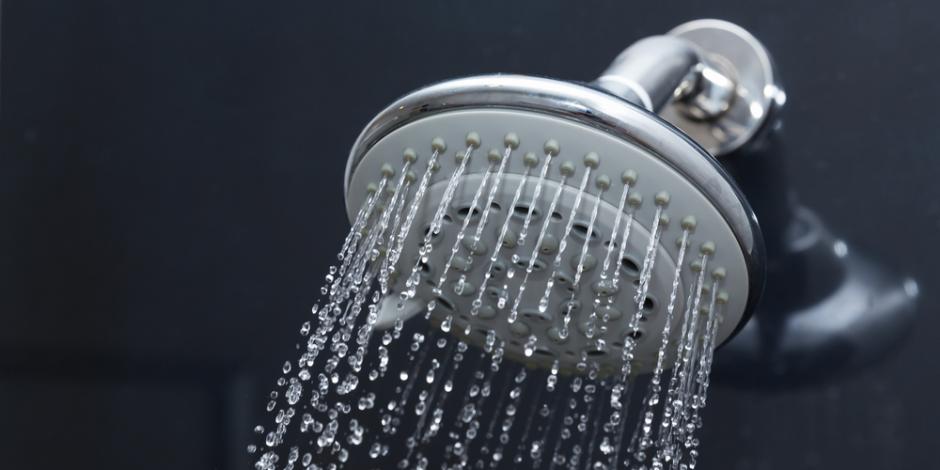
Running out of hot water is one of the worst surprises you can encounter, especially when you are getting ready for work and have a household of family members waiting to use the shower as well!
Traditional vs Tankless Water Heaters
There are pros and cons to each of these water heaters. What matters is which best suits your home and lifestyle. Determining which water heater is for you depends on your budget, how much hot water to use, and how much space you have.

Traditional Water Heaters
The tank of a traditional water heater determines how much hot water you have, so the bigger the tank the more hot water. Traditional water heaters require more energy because they constantly heat the water in the tank. Once you run out of hot water, you must wait for the water to be heated again which may take up to 30 minutes. While traditional water heaters may have a lower upfront cost, they have a shorter lifespan than tankless water heaters. Traditional water heaters last about 10-15 years. The other big disadvantage of traditional water heaters is their propensity to leak and cause serious water damage.
Tankless Water Heaters
Although tankless water heaters cost more as an initial investment, they also last much longer. A tankless water heater can last an average of 20-30 years. The biggest difference between traditional and tankless water heaters is the fact that tankless water heaters do not have a tank because they heat water as it's demanded. Since the water is being heated instantly (on demand), it may take longer for you to get hot water (anywhere from 15 seconds to 1 minute). With a tankless water heater, you not only use less energy but you have a constant supply of hot water.
Maintenance
Did you know that both traditional tanked water heaters and tankless water heaters both require maintenance, just like your air conditioning and heating system?
Traditional water heaters collect sediment and build-up on the bottom of the tank that needs to be flushed. Another important part of maintenance for a traditional water heater is checking and replacing the anode rod in your water heater. The anode rod is a metal rod that runs down the center of your tank. It is one of the most vital components of traditional water heaters as it attracts sediment and corrosive elements (like minerals in the water) so that they corrode the anode rod rather than the inside of your water heater's tank.
Tankless water heaters on the other hand do not have an anode rod, but still require maintenance. It's recommended that tankless water heaters are also flushed.
If your utility bills are increasing because your old water heater is working harder to keep your water hot, it's time to think about replacing it. Hassler will help you find the best solution for your home, whether it be a traditional water heater or tankless.





